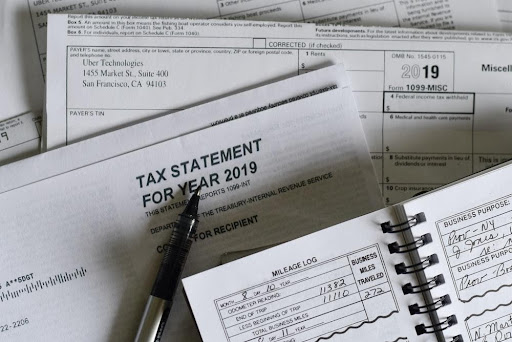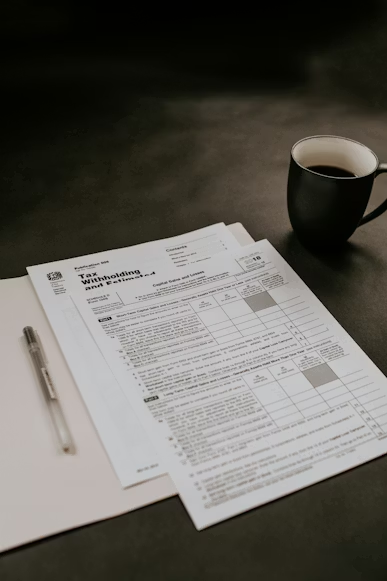
It’s tax season, and for many people, it’s time to gather all of your documents and prepare to file your return. But what if you don’t file? There are many consequences, and they can be pretty serious. So, if you’re thinking about skipping out on filing this year, think again. It’s not worth the risk. Here are the consequences of not filing your tax return.
A Failure to File Penalty
The IRS will eventually find out if you do not file a return. In fact, if you’re getting a refund, they’ll likely find out pretty fast. The charges will include heavy interest and penalties. However, the IRS has three years from the original deadline of your return to claim their money. If they don’t, the statute of limitations on collections expires.
Late Filing Penalties
If you file your returns late, the IRS will hit you with a penalty for each month that your returns are late. It’s 5% of what you owe per month up to a maximum of 25%. However, if you can show reasonable cause for filing late, the penalties will be waived.
Interest Charges
Suppose you file your return late and pay less than 90% of what you owe. In that case, you’ll also get hit with interest charges on the unpaid balance – compounded daily at a rate that is determined every three months and is based upon the average market yield on outstanding marketable U.S. Treasury Bills.
Failure to Pay Penalties
If you file your return but don’t pay what you owe, the IRS will hit you with late payment penalties of .5% of the tax owed plus 1% per month until it is paid in full or within six months, whichever occurs first. The maximum penalty is 25%.
Accuracy Related Penalties
If you underpay your taxes due to negligence or fraud, the IRS will hit you with accuracy-related penalties of 20% of the additional tax found to be due. Negligence occurs when a taxpayer fails to make a reasonable attempt to comply with the law. Fraud is intentional wrongdoing on the taxpayer’s part with the specific intent to evade paying taxes.
Fraud Charges
If you willfully attempt to evade or defeat taxes, you can be fined $100,000 or imprisoned for up to five years. If you’re caught assisting someone in avoiding federal taxes – like preparing a false return for them – the fines go up to $500,000 or up to ten years in jail.

Other Consequences of Not Filing
If you don’t file your income tax return, you could lose the aforementioned refund. You may also lose eligibility for certain federal benefits like social security and Medicare. And if you’re getting monthly payments from an employer or payer (like unemployment), they’re going to stop until a return is filed and taxes paid.
Are you tired of managing your business accounts all by yourself? It’s time to hire expert accountants from Nidhi Jain CPA. to ensure all your firm’s financial information is recorded accurately. Our financial advisors provide comprehensive cloud-based accounting solutions and conduct efficient financial reporting. We also provide tax planning in Bay Area, and our certified accountants have received tax coach certification from the American Institute of Certified Tax Coach.
You can get in touch with them here for more details.



